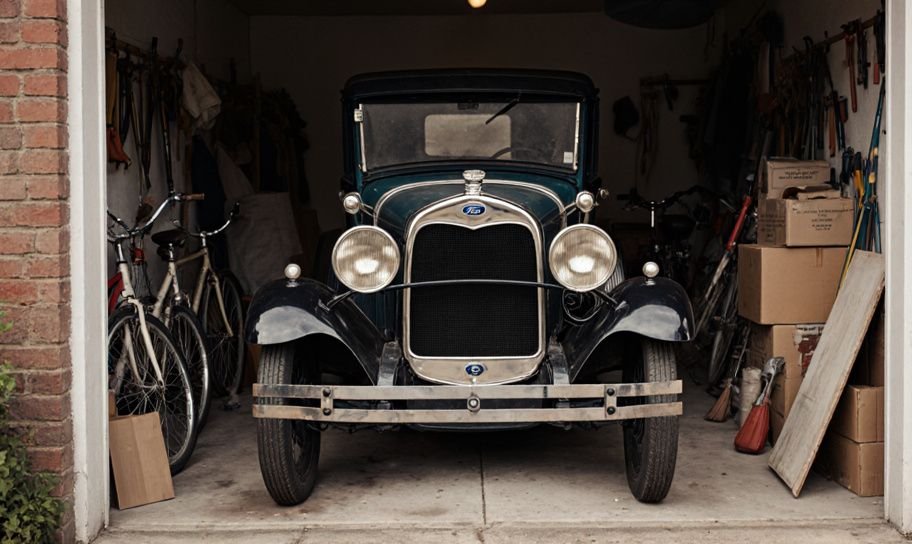
Summary: Narendra I. Bhuva's sale of a vintage car led to a court case about whether the car was a personal belonging or something that should be taxed as a profit. The court ruled against Bhuva, stating he failed to prove the car was for personal use.
Narendra I. Bhuva, who works at Indu Nishan Oxo-Chemical Industries Ltd., sold a vintage "Ford Tourer" 1931 model for Rs. 21,00,000. He had originally bought it for Rs. 20,000 in 1983. The tax authorities counted the Rs. 20,80,000 profit as business income, questioning if it was a personal belonging.
Bhuva argued that the car was a personal belonging, which should not be taxed as a profit. He hadn't claimed any reduction in its value for tax purposes and had listed it as a personal belonging in wealth tax documents. However, the Income Tax Appellate Tribunal (ITAT) disagreed, stating there was no proof of personal use.
"The car was not used even occasionally by the person for his personal purpose." - ITAT
The court, led by Chief Justice Alok Aradhe and Justice Sandeep V. Marne, agreed with the ITAT's decision. They stressed the lack of proof showing personal use of the car, such as joining car rallies or having maintenance records.
"Just because a car can be used personally doesn't automatically mean it is a personal belonging." - Court
The court referred to Section 2(14) of the Income Tax Act, which says personal belongings are not capital assets if used personally. However, they found no close connection between Bhuva and the car as a personal belonging.
The court dismissed Bhuva's appeal, confirming the car's sale as a taxable profit. The decision highlights the importance of proving personal use to claim tax exemptions on personal belongings.